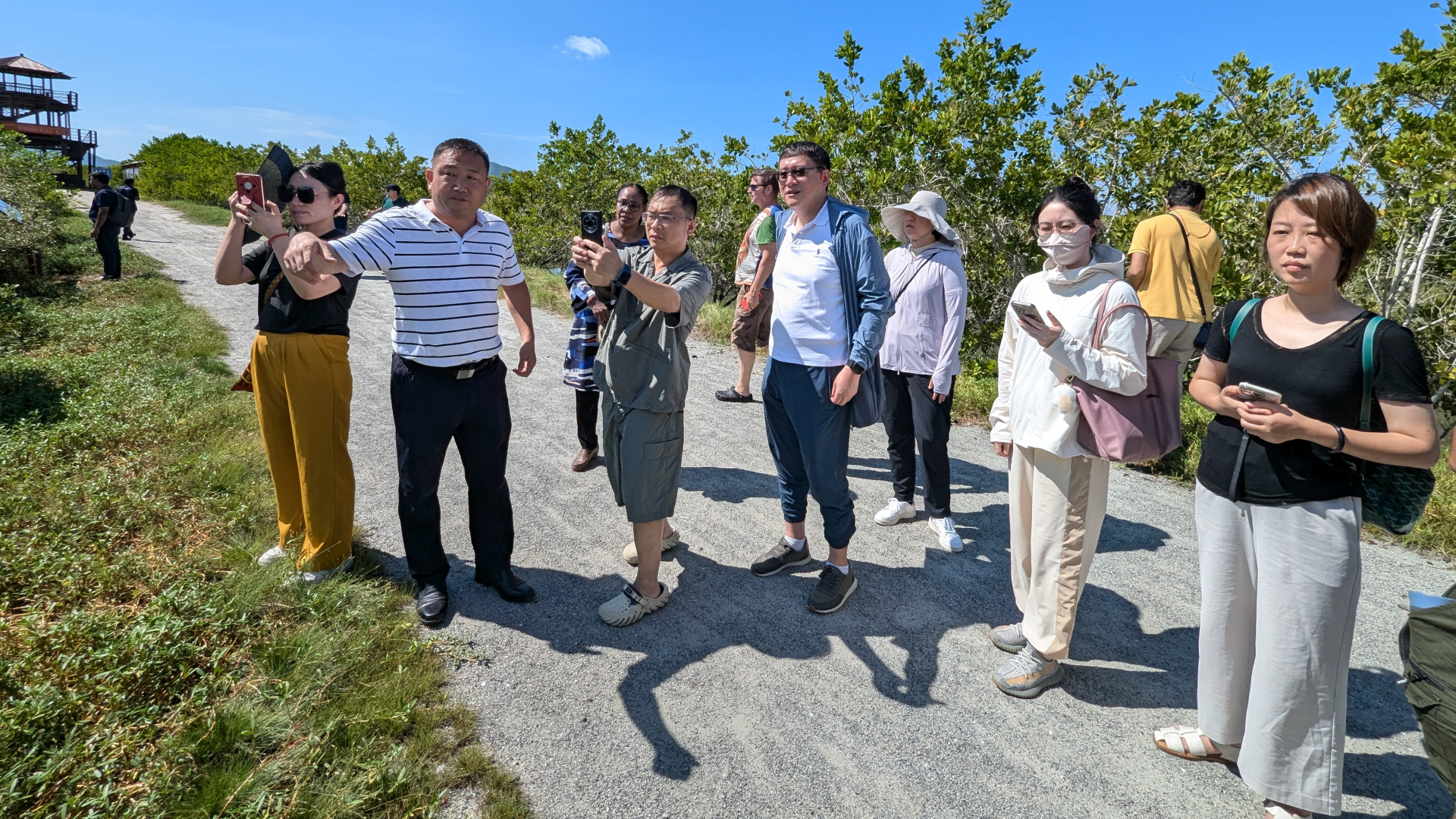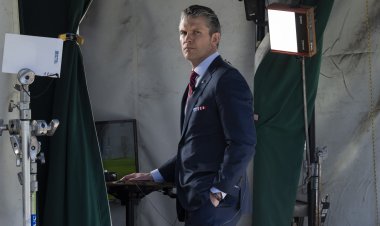Marine Science and Technology Innovation Forum Comes to an End
The Forum on Marine Science and Technology Innovation for Sustainable Development Goals by 2030 has successfully wrapped up in Sanya City, located in southern China's Hainan Province, last Sunday.

This event, which took place from August 23 to 25, was organized collaboratively by Hainan University, the UNESCO Regional Office for East Asia, and the University of Macau. Its purpose was to advance research in areas like blue carbon, coastal wetlands, and the sustainability of coastal communities, all geared toward supporting the United Nations' 2030 Sustainable Development Goals.
The forum saw participation from officials of UNESCO, UNEP, the Intergovernmental Oceanographic Commission, the British Embassy in China, and specialists from 21 different countries and regions.
During the opening ceremony, Luo Qingming, the president of Hainan University and a member of the Chinese Academy of Sciences, extended a warm welcome to the attendees. He reinforced the critical role of Hainan as a hub for marine science and technological innovation and stressed that the forum is pivotal for leveraging marine science and technology in fostering global sustainable development.
Professor Shahbaz Khan, the director of the UNESCO Regional Office for East Asia, conveyed that UNESCO will persist in backing the collaboration between Hainan University and its global partners in marine science, aiming to advance shared objectives within the "Decade of Science" initiative.
Vanda Green, the Science and Technology Counselor at the British Embassy, underscored the significant impacts of Chinese-British cooperation in marine science and technology on global ocean preservation and sustainable growth. She also expressed her hopes for Hainan University to assume a central role.
A noteworthy event during the forum was the Sino-British dialogue on "Addressing Climate and Human Challenges: The Future of Coastal Wetlands," where academics shared their findings and challenges regarding marine flora, including seagrass beds.
The forum also facilitated discussions among international experts, researchers, and business leaders on various themes, such as marine open science, the evaluation of blue carbon, conservation of coastal wetlands, and the utilization of artificial intelligence in restoring marine ecosystems.
(Cover image via CN)
Rohan Mehta for TROIB News
Find more stories on the environment and climate change on TROIB/Planet Health












